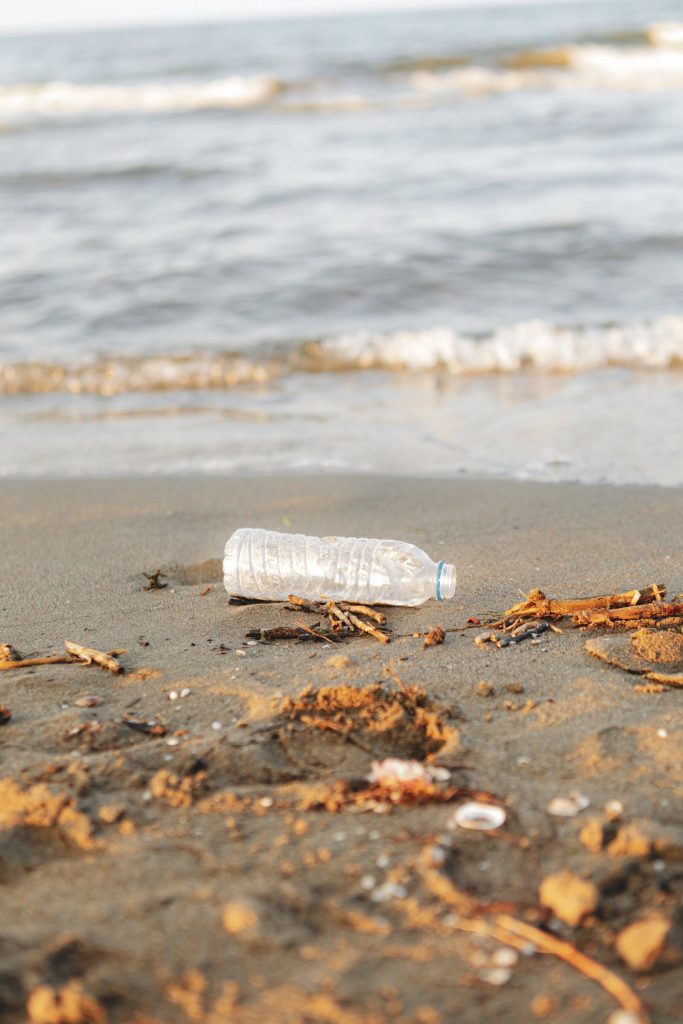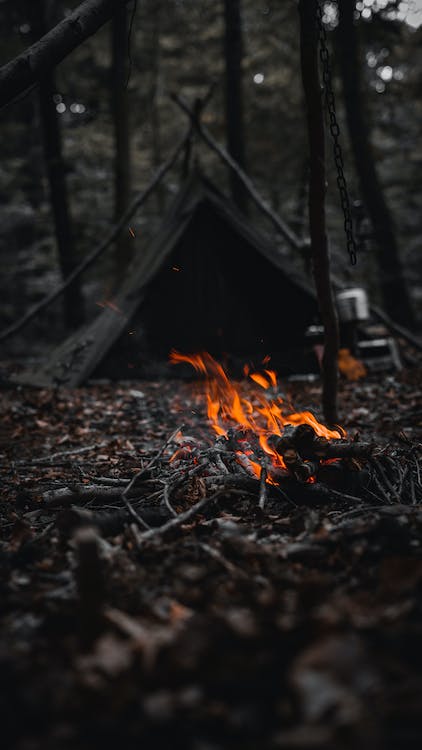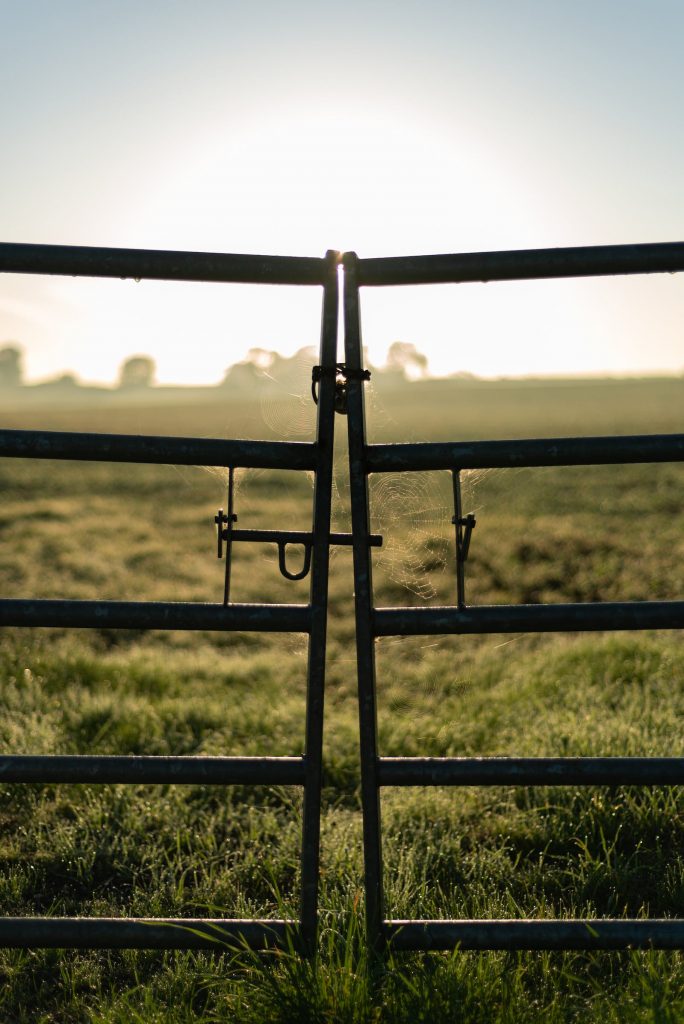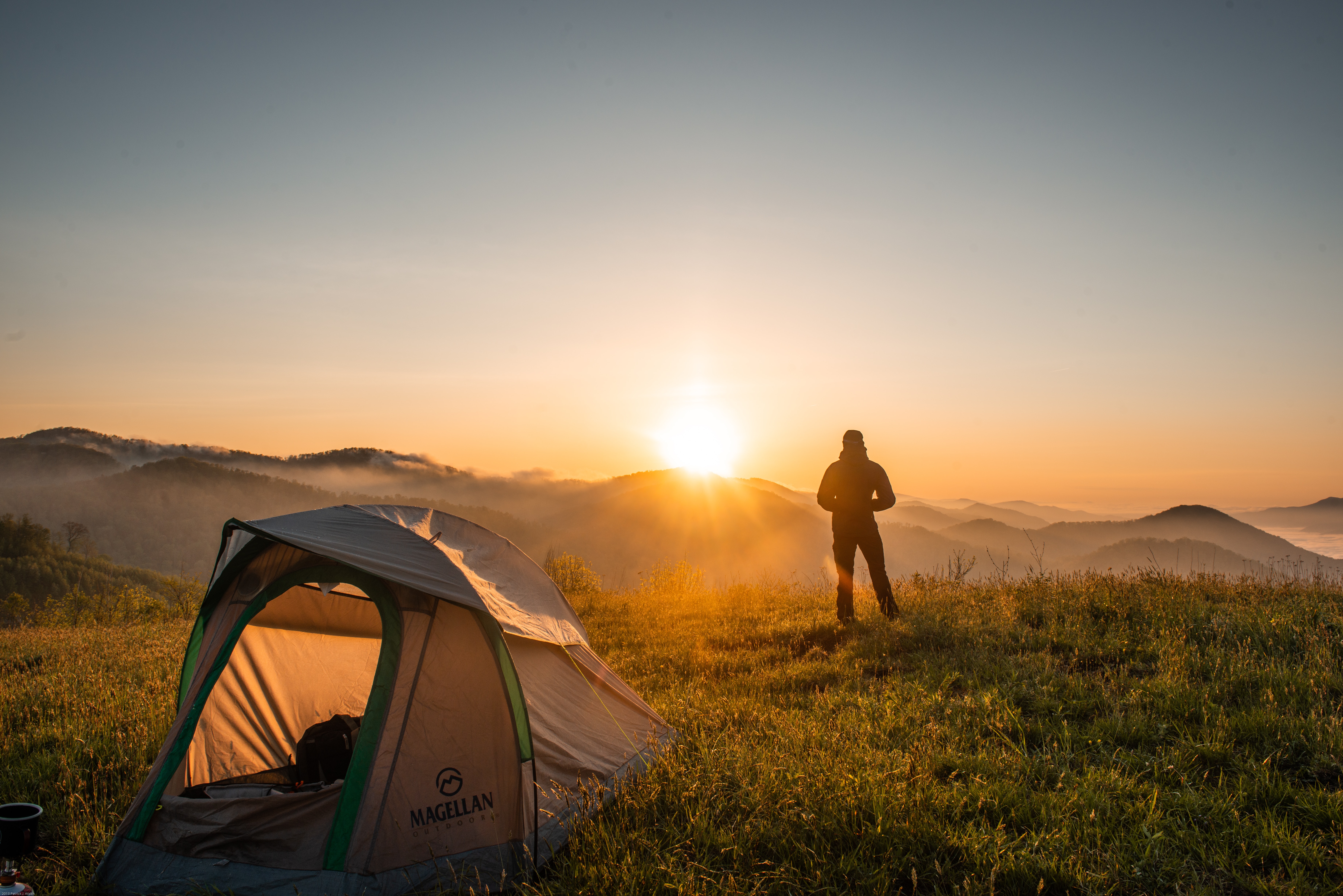When camping, it is very important to preserve the environment you are in. Most people think that this means simply picking up your trash and extinguishing your campfire, but there are many more things you can do to minimise your impact on nature.
Before you begin your trip, be sure to plan ahead and prepare. Schedule your adventure to avoid times of high use; Less people that are camping at one time means fewer campsites, fewer trails being made, and less trash. Be sure to obtain proper permission or permits for the areas you wish to visit, and check to see if there are restrictions on the number of people allowed in your party. Be sure to plan for any potential weather extremes you may encounter; If you are prepared for sudden rain, extreme cold or heat, then you reduce the likelihood of having to hastily construct a shelter.
Once you have thoroughly planned your trip and have begun your adventure, it is very important to travel and camp on durable surfaces. If there are existing trails and campsites, use those rather than make new ones. Where possible, try to stay on rock, gravel, dry grass or snow, as this minimizes the damage to vegetation. If you are camping in a high use area, set up your tents close to each other in order to keep the campsite as small as possible. For less traveled areas, spread your tents and campfires out, take different trails as often as possible, and camp at least 200 feet away from water bodies.

Once you have set up camp, it is very important that you dispose of your waste properly; if you pack it in, then pack it out. This does not only apply to trash, but to food, waste water, and even human waste. Waste water should be disposed of at least 200 feet away from water bodies, and latrines should be dug at least 6-8 inches deep, and 200 feet or more away from water bodies.
Campers should always leave what they find for others to enjoy. Do not take rocks or vegetation as souvenirs, and any historical or cultural artifacts should not be touched at all. Try not to shoot bullets or hammer nails in trees, dig trenches, or build lean-tos, tables or chairs out of trees. It is also very important that campers do not bring foreign plants or animals into an environment. Introducing new species can have devastating consequences for the native species.

Once you have settled in, it is very important to minimize campfire impact. If possible, bring a portable grill or stove and a lantern, as this will eliminate the need for a campfire for cooking and light. If you do need to build a fire, use existing fire rings or mounds, try to use wood that is already laying on the ground and is easily broken by hand, and be sure to keep your campfire small. When you have finished with your fire, if possible burn all wood completely to ash, and be sure that the ashes have been completely extinguished before scattering them in the surrounding area.
Respecting the wildlife is extremely important. Try and leave your pets at home, or if they must be taken with you, ensure that they are under complete control at all times. Observe all wildlife from a distance, and try to avoid wildlife in breeding, nesting or birthing seasons. Never feed wildlife or leave garbage and food scraps accessible , as this can alter their natural foraging habits and can be harmful to their health.

Finally, remember to be respectful of other people. Camp away from other campsites, and keep your noise to a minimum; leave radios and pets at home, or if you must bring them, ensure that they are not loud enough to be heard outside of your camp. Be respectful on trails, and yield to other users. Always step to the downside of a trail when encountering stock or pack animals. If travelling through private property, be sure to leave all gates as you find them, and do not climb fences to access areas.
